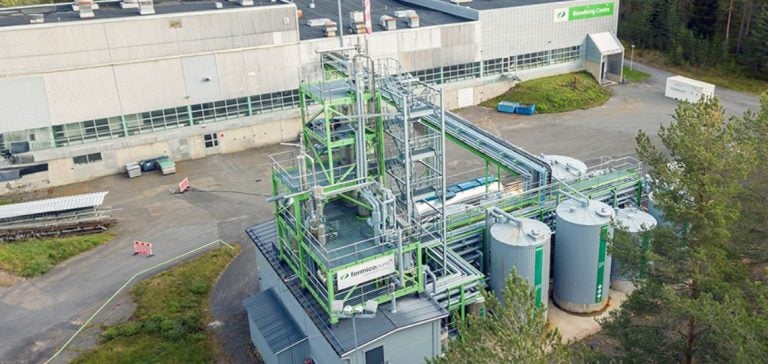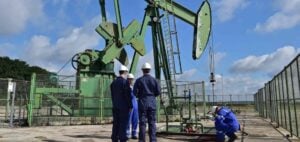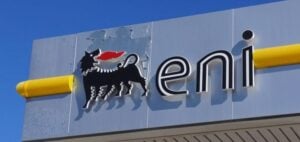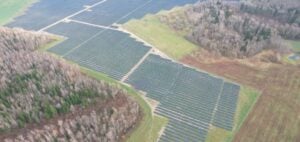AM Green Technology and Solutions B.V., a specialist in energy solutions, announces the acquisition of Chempolis Oy, a Finland-based company specializing in the processing of lignocellulosic feedstocks.
With this purchase, AM Green plans to accelerate the production of sustainable aviation fuel (SAF), a key element in the decarbonization of the global aviation sector. The planned investment amounts to one billion dollars, spread over three years, to develop infrastructures capable of producing over 0.5 million tonnes of SAF per year.
The aim is to meet the growing demands of the airline industry, which is subject to increasingly stringent regulations on greenhouse gas emissions.
SAF, produced from 2G waste, is seen as a solution for rapid transition to an aviation sector less dependent on fossil fuels.
Technology and large-scale production
The technology developed by Chempolis makes it possible to process lignocellulosic raw materials, such as agricultural or forestry residues, to produce biofuels and high value-added chemicals.
This technological capability is now at the heart of AM Green’s strategy.
By integrating this technology into large-scale biorefineries, the company hopes not only to meet the immediate needs of airlines, but also to establish a model that can be replicated internationally, through partnerships and licensing.
The choice to focus on SAF is a strategic one.
This type of fuel has characteristics close to those of conventional kerosene, making it easy for the airline industry to adopt without requiring major modifications to current infrastructures.
What’s more, it is produced from renewable raw materials, making it possible to considerably reduce the carbon footprint of aviation, while at the same time being in line with global emission reduction policies.
Licensing model and international ecosystem
AM Green does not intend to limit its development to the in-house production of SAF.
By licensing the Chempolis technology, the company aims to create a global ecosystem of biorefineries.
This strategy is based on partnerships with international players capable of deploying this technology on a large scale in their own facilities.
By facilitating access to this technology, AM Green aims to accelerate the adoption of FAS worldwide and meet the growing demand from the airline industry.
This collaborative model would rapidly extend the influence of Chempolis technology beyond local markets.
With installations planned in Asia and Europe, AM Green hopes to capture a significant share of the global FAS market, which is experiencing growing demand due to CO2 emission regulations and pressure to decarbonize air transport.
A fast-changing market
The SAF market is booming, driven by public policies favoring the decarbonization of transport and the growing interest of airlines in sustainable solutions.
In Europe, countries such as France, Germany and the Netherlands have already set ambitious targets for the use of sustainable fuels in aviation.
In the USA, similar initiatives are taking shape with tax incentives for SAF producers.
AM Green, as a player in the energy sector, is thus positioned in a market that is expected to experience strong growth over the next decade.
According to forecasts, global demand for FAS could reach several million tonnes a year by 2030, necessitating the rapid development of new production infrastructures.
The production of SAF from 2G raw materials is particularly attractive for airlines seeking to reduce their dependence on fossil fuels without compromising the reliability of their operations.
Companies committed to decarbonization see SAF as a lever for achieving their objectives, while respecting the technical and economic constraints of the sector.
Industrial and regional outlook
In addition to international expansion via licensing, AM Green is targeting regional markets where demand for SAF is already present.
Asia and Europe top the list, with infrastructures ready to welcome new technological solutions.
AM Green’s strategy is also based on the diversification of raw materials, integrating agricultural and forestry waste from various regions of the world to guarantee a sustainable and flexible supply.
This approach enables AM Green to adapt to variations in local markets and ever-changing environmental regulations.
By focusing on production flexibility and adaptation to local resources, the company hopes to optimize its costs while meeting the specific needs of each region.
The ability to transform diverse raw materials into high value-added products also opens the door to opportunities in other industrial sectors, such as green chemistry and bioplastics.
The development of value chains around these products could generate new sources of revenue for companies investing in SAF and biorefineries.





















